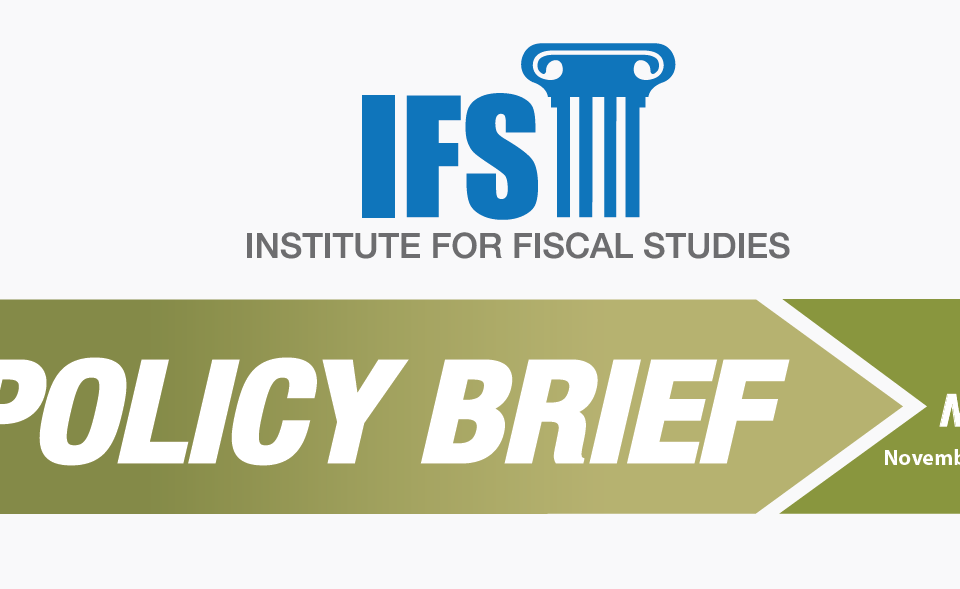[vc_row][vc_column]
January 26, 2022
Ghana has been facing a very difficult fiscal situation for quite some time. Since 2012, the country has run large fiscal deficits, which have led to rapid debt build-up. The ratio of public debt to GDP, which stood at 29.1% in 2011, climbed swiftly to 55.6% in 2016. This led to a sharp increase in interest expenditure from 13.2% of total revenue and grants in 2011 to 35.8% in 2016.
Do you like it?
January 5, 2022
Ghana has been facing a very difficult fiscal situation for quite some time. Since 2012, the country has run large fiscal deficits, which have led to rapid debt build-up. The ratio of public debt to GDP, which stood at less than 29.1% in 2011, climbed swiftly to 55.6% in 2016. This led to a sharp increase in interest expenditure from 13.2% of total revenue and grants in 2011 to 35.8% in 2016.In 2017–2019, the officially declared budget deficit fell to an average of 4.4% of GDP from an average of 6.5% of GDP in 2013–2016. However, in addition to the […]
Do you like it?
August 23, 2021
The government of Ghana has long sought to mobilize adequate revenue through a series of tax and non-tax policy and administration reforms, particularly starting from 1983. Yet, studies have found that, measured as a share of GDP, Ghana’s public sector revenue has performed very poorly relative to most other countries in the developing world. The government often cites three main factors as being the main causes of the problem. These are: (1) the large informal sector, which has proven difficult to tax; (2) weak real property taxation; and (3) the country’s generous tax exemption system. However, credible estimates of untapped […]
Do you like it?
August 23, 2021
The government of Ghana has implemented extensive tax and non-tax policy and administration reforms over the years. Starting from 1983, these reforms have largely been carried out under the auspices of the IMF and the World Bank. However, using a sample of 35 countries in the developing world, we find in this paper that, relative to GDP, Ghana’s total public sector revenue has performed very poorly, compared with those of its peers, confirming findings of other studies. The government of Ghana has often blamed the country’s poor revenue performance on the difficulty in taxing the large informal sector, the generous […]
Do you like it?
February 10, 2021
The government of Ghana has long complained about the growth of the public sector compensation bill. It has therefore adopted different policy measures over the years to address this phenomenon. However, these policies have not had a lasting impact on the compensation bill growth. Data therefore reveal that the size of the country’s compensation bill as a ratio of total revenue/expenditure has reached alarming proportions in recent years, despite having seen strong declines in the 1980s. We find that the compensation bill is currently posing serious fiscal and macroeconomic difficulties for the country. Although a few studies have been carried […]
Do you like it?
February 10, 2021
Exchange Rate Instability In Ghana: The Causes And Remedies [Occasional Paper No. 20]
Do you like it?

